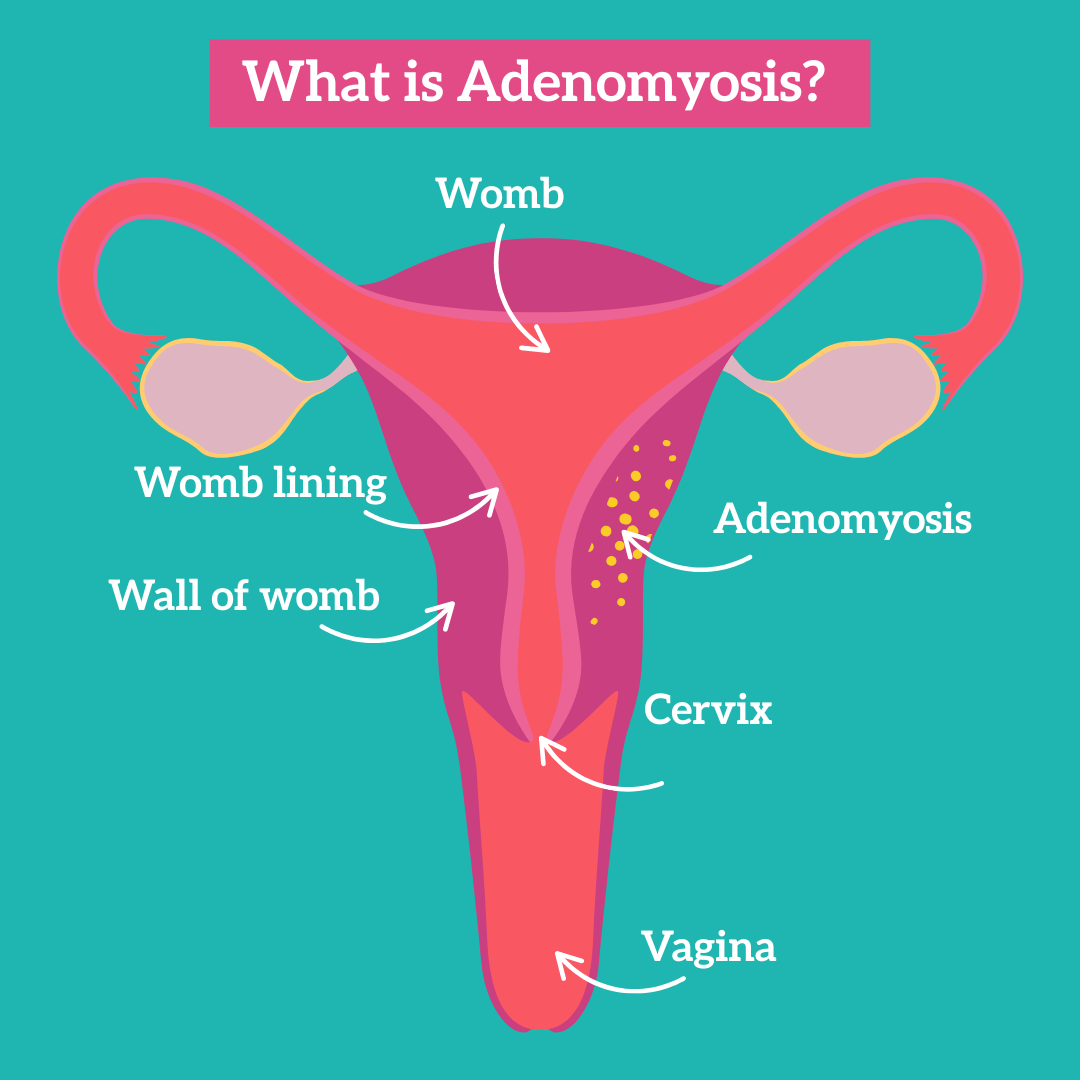Periods and perimenopause

The first sign of perimenopause for most is a change in periods. This can be the frequency between them, or that they are heavier in flow.
These are some of the changes you can expect in your period during perimenopause:
Spotting between periods
If you notice some blood on your underwear between periods that doesn’t require the use of a pad or tampon, it’s likely spotting. This happens when your changing hormones create a build up of uterine lining.
Many women spot before their period starts or as it ends. Mid-cycle spotting around ovulation is also common. If you are experiencing spotting every two weeks or more often, this can be a sign of a hormonal imbalance and you should see your GP.
What you can do
You should track your periods, noting any changes, and spotting.
If you are experiencing spotting, you might also want to invest in either some washable period pants, which you can buy in a variety of absorbency, or some washable liners. (Wuka, Wear em' out, and Modibodi are all good brands)
Abnormally heavy bleeding
When your oestrogen levels are high in comparison to your progesterone levels, your uterine lining builds, or if you have skipped a period, it can cause the lining to build up. Both can result in much heavier bleeding during your period.
Bleeding is considered abnormally heavy when it soaks through a tampon or pad within an hour or changing, or if you require both a tampon and pad to stop leaking. If it interrupts your sleep, needing to change your pad or tampon, or it lasts longer than seven days.
Heavy bleeding can cause fatigue and increase your risk for other health concerns, such as anaemia, and disrupt your everyday life.
What you can do
As you may know, taking ibuprofen during your period can help with menstrual cramps, but it can also reduce your flow if taken every 4-6 hours.
If heavy bleeding, cramps and pain continue, you should speak to your GP about other treatments and help.
Shorter cycles
Short cycles are more common in the earlier stages of perimenopause. So you may have a period that is two or three days shorter than normal, and your cycle might also change from four weeks, to two or three weeks. This can make it feel as though your period has just ended when the next one comes.
What you can do
Again, you might also want to invest in either some washable period pants, which you can buy in a variety of absorbances, or some washable liners. (Such as Wuka, Modibodi, or Wear em' out pads)
Avoid menstrual cups and tampons, as insertion can be difficult and painful with the lighter blood loss. You could also be more likely to forget to change your tampon or cup, increasing your risk for complications/infections.
Longer cycles
In the later stages of perimenopause, your cycles may become much longer and farther apart. So if your cycle is longer than 38 days, this is classed as a longer cycle. They’re related to cycles in which you do not ovulate. When your period does arrive, it can last for a longer time, the bleeding will be heavier, because of the buildup of uterine tissue.
What you can do
You can invest in a good menstrual cup or a cycle set of blood-wicking period underwear. You may have to combine both a tampon/menstrual cup with period pants/liners at the start of your period to help you avoid leakage.
Missed cycles
Your fluctuating hormones may also be to blame for a missed cycle. In fact, your cycles may become so far apart that you can’t recall the last time you bled. After you’ve missed 12 consecutive cycles, you’ve reached menopause.
If your cycles are still making an appearance — however delayed — ovulation is still occurring. This means you can still have a period, and you can still get pregnant so make sure to still use contraception.
What you can do
If you are worried about when your period might happen because of irregularity on your cycle, wear darker underwear, or invest in period underwear/reusable panty liners, to reduce your risk of stained clothing.
Track your periods as best, and any changes, via a calendar or an app. Making sure to record any abnormal bleeding, pain, discomfort, or other symptoms you are experiencing.
When to book an appointment with your GP:
- If you are experiencing abnormally heavy bleeding that requires you to change your pad or tampon every hour or two
- If you have heavy bleeding that lasts longer than 7 days
- If you are bleeding — not spotting — more than every 3 weeks
Our Over The Moon tea aims to naturally help and support your body with the challenges posed by mother nature.
Select herbs have been used traditionally for millennia to soothe cramps, swollen tummies, bring calm and relaxation and support a regular cycle. Their natural benefits come with delicious flavours, to create a hug in a mug.
We’ve selected whole leaves and flowers, to blend a soothing cuppa. With whole leaf raspberry leaf, chamomile flowers, ginkgo, spearmint, dandelion root and rose petals. Each targeted to support your body, and offer you support when you need it.
Teas to naturally support your cycle




Comments